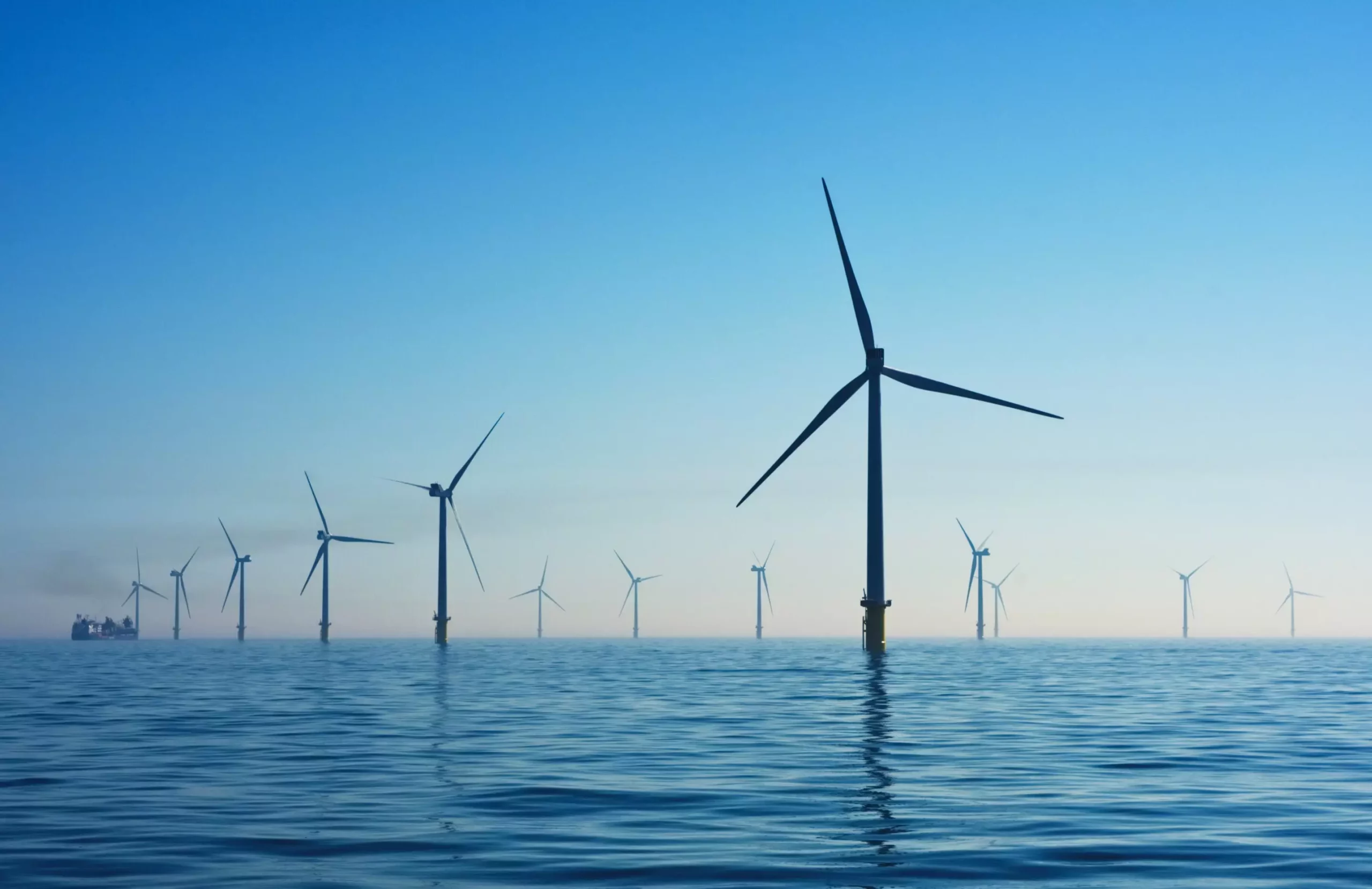In recent times, the push for renewable energy has gained significant momentum across the United States, with offshore wind projects emerging as a focal point in the transition toward greener energy sources. Yet, this rapid development has not come without its controversies. Residents of Nantucket, a picturesque island known for its rich cultural heritage and stunning landscapes, find themselves at the forefront of a heated debate against the federal government’s expedited approval of offshore wind projects. Recent events have raised serious concerns regarding the environmental implications of these initiatives, particularly the impacts on local marine ecosystems.
The involvement of ACK For Whales, a citizen-led, nonpartisan group advocating for wildlife protection, has highlighted the community’s apprehension. Their petition to the U.S. Supreme Court seeks to challenge a prior ruling by the First Circuit Court of Appeals, which sided with federal agencies in allowing the construction of a vast wind farm without adequately assessing potential risks to endangered marine species, including the North Atlantic right whale. This situation reflects a broader conflict between the imperative for renewable energy and the fundamental need to safeguard biodiversity.
The legal contention primarily revolves around the Endangered Species Act (ESA), a crucial piece of legislation designed to protect endangered species and their habitats. ACK For Whales argues that the National Marine Fisheries Service violated the ESA by failing to utilize the “best available scientific and commercial data” while approving offshore wind developments. The this act’s interpretation and enforcement are at the heart of this debate, as the community feels overshadowed by the federal government’s eagerness to push forward politically favored projects at the expense of ecological assessment.
In a stark turn of events, the situation escalated after a catastrophic incident during the wind farm’s construction in July, where a turbine blade failed. This incident only intensified concerns regarding the potential risks associated with these vast energy installations. Vallorie Oliver, the president of ACK For Whales, emphasized that governmental negligence toward established regulations culminated in dangerous outcomes, illustrating a critical misstep in the legislative oversight of environmental protections.
The First Circuit’s dismissal of ACK For Whales’ initial suit underscored a significant challenge faced by environmental advocates. The court’s decision to defer to the findings of federal agencies raises important questions about the nature of judicial authority in interpreting environmental statutes. A major point of contention revolves around whether courts should hold agencies accountable for strictly adhering to the ESA or if they should rely heavily on agency expertise. The crux of the matter lies in interpreting the balance of power between administrative bodies and judicial review, a theme echoed in recent rulings such as the Supreme Court’s Loper Bright case.
Nancie Marzulla, the attorney representing ACK For Whales, has highlighted the implications of this case on future environmental litigation. By emphasizing that judicial bodies should have the final say on legal interpretations rather than deferring to agency assessments, Marzulla argues for a more rigorous standard that would require federal bodies to adhere strictly to protective legislation like the ESA. This legal principle could fundamentally shift the landscape of environmental protection in the context of burgeoning renewable energy projects.
As the petition moves towards the Supreme Court, the outcome could have ramifications that extend far beyond Nantucket. The case exemplifies not only local challenges but also a national conversation regarding the intersection of renewable energy and environmental stewardship. ACK For Whales is calling for a moratorium on all offshore wind developments until comprehensive reviews of environmental impacts can be conducted, advocating for a more balanced approach that prioritizes both energy innovation and ecological preservation.
While the urgency for renewable energy sources is paramount, the need to respect environmental laws and guidelines is equally critical. The Nantucket debate encapsulates the complexities involved in advancing sustainable energy solutions without compromising the integrity of vital ecosystems. As stakeholders await the Supreme Court’s decision, the hope is for a ruling that respects both the necessity of renewable resources and the importance of protecting our planet’s endangered wildlife from the pressures of modernization.

